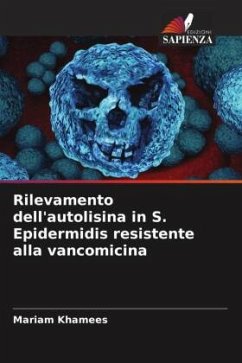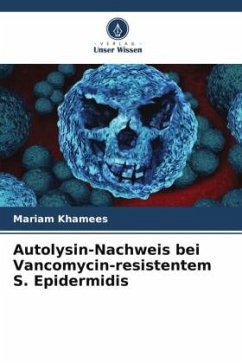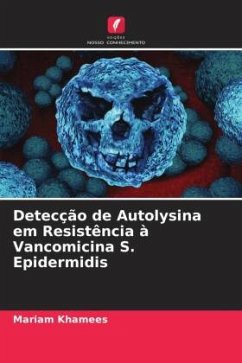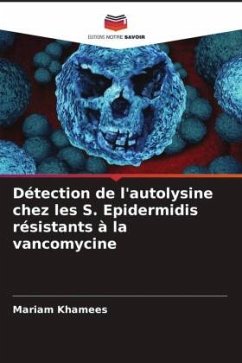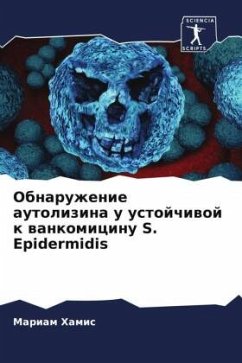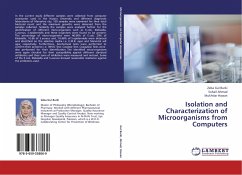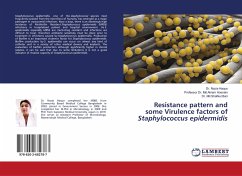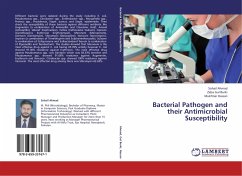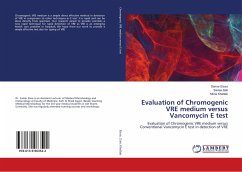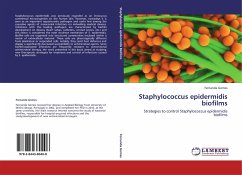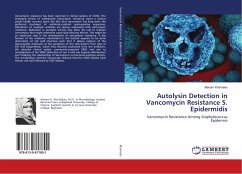
Autolysin Detection in Vancomycin Resistance S. Epidermidis
Vancomycin Resistance Among Staphylococcus Epidermis
Versandkostenfrei!
Versandfertig in 1-2 Wochen
43,99 €
inkl. MwSt.

PAYBACK Punkte
22 °P sammeln!
Vancomycin resistance has been reported in clinical isolates of CONS. The emerging threat of widespread vancomycin resistance poses a serious public health concern given the fact that vancomycin has long been the preferred treatment of antibiotic-resistant gram-positive organisms. Alterations of autolytic activities are always associated with vancomycin resistance. Reduction in autolytic activity may allow the cell to tolerate vancomycin that might otherwise cause lysis-inducing effects. This might be an important step in the development of vancomycin resistance. A key feature of the resistanc...
Vancomycin resistance has been reported in clinical isolates of CONS. The emerging threat of widespread vancomycin resistance poses a serious public health concern given the fact that vancomycin has long been the preferred treatment of antibiotic-resistant gram-positive organisms. Alterations of autolytic activities are always associated with vancomycin resistance. Reduction in autolytic activity may allow the cell to tolerate vancomycin that might otherwise cause lysis-inducing effects. This might be an important step in the development of vancomycin resistance. A key feature of the resistance mechanism in this mutant appears to be some alternation of cell wall structure such that it allows capture of the glycopeptide molecules at the periphery of the cells distant from sites of cell wall biosynthesis, which thus become protected from the antibiotic. We describe clinical isolate community-acquired VRSE and aim to Investigation of the VRSE (detection of van A and van B genes distribution) and Studying the relationship of Vancomycin on bacterial autolysis activity. The transmission electron microscope showed that the VRSE isolates have thicker cell wall followed by VISE isolates.



